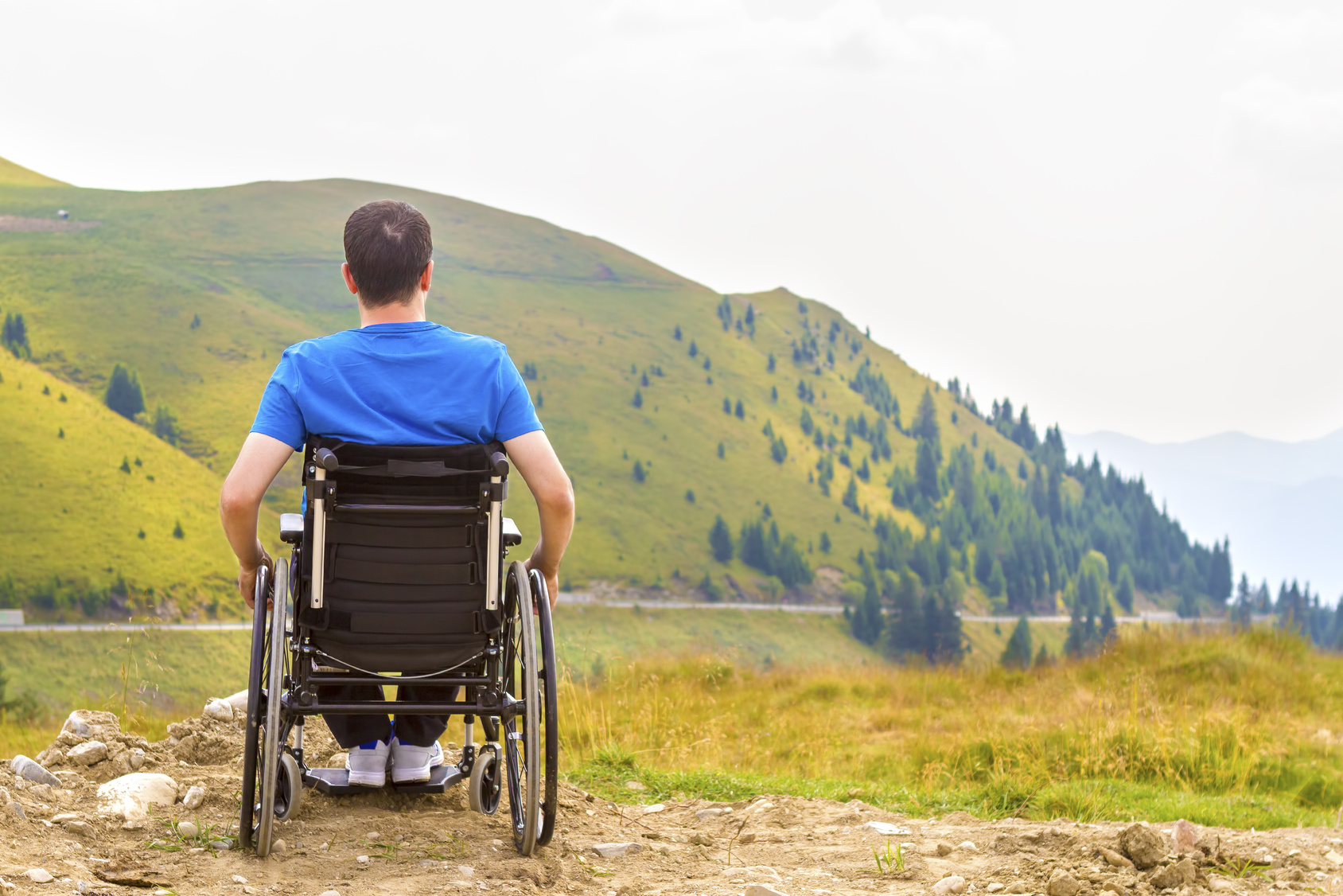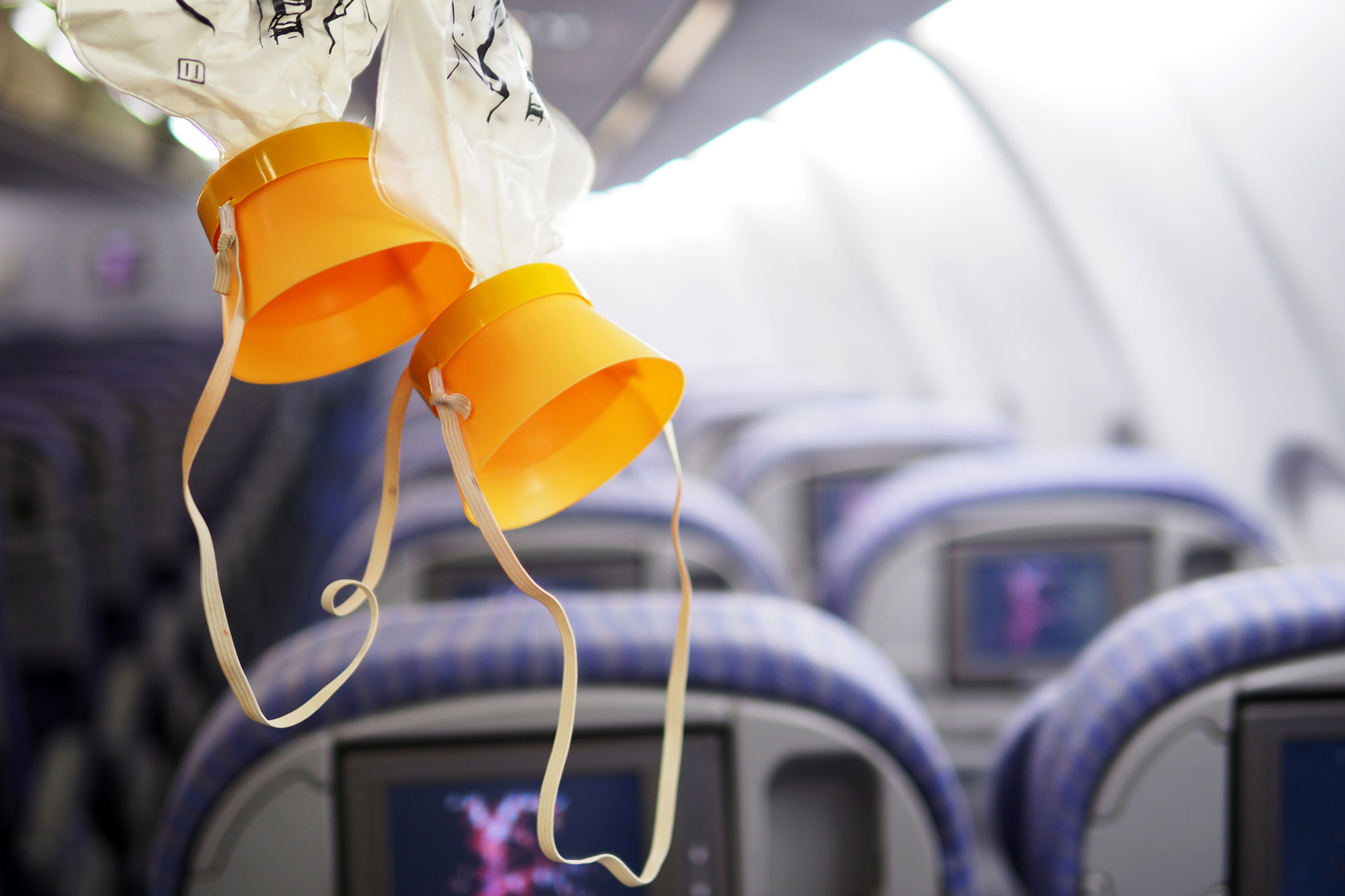From Nurse Keith’s Digital Doorway
Over the years, I’ve known a lot of different nurses. I’ve known new nurses, seasoned nurses, frightened nurses, burned out nurses, and nurses who were so jaded they couldn’t even see their patients if they were right in front of their noses. I’ve known nurses who clocked out at the end of their shift and never looked back, and I’ve known others who consistently clocked out two hours late and then were up all night hoping their patients were OK. It takes all kinds.
Many of us are nurses because we’re caring people, and when someone asks why we became a nurse, we might say something like, “Oh, I like to help people”. And that sounds nice. But we know there’s more to it than that, don’t we?
Now, when we like to help people, that can truly be a double-edged sword, can’t it? We care, we care some more, and then we find that we’re caring so much that we can’t—or don’t–care about anything else. We eat poorly, we sleep even worse than we eat, and maybe we drink, smoke, or we don’t exercise because we’re too busy caring. Maybe, because we’re so caring, everyone around us at home and in our neighborhoods feels free to ask us to care some more. And we do. Again and again.
And then, one day, we wake up after all of this time caring for others so well, and we realize that we haven’t been caring for ourselves. We’re tired, we’re depressed, we’re overweight, and our relationships have actually suffered (perhaps because we were busy caring so much about everyone but ourselves).
Take “Nurse Jackie”, for instance. Maybe you’ve seen it and maybe you haven’t. I know I castigated the show here on Digital Doorway back in its first season, but it turns out that the series has made some very good points about nursing and healthcare, as unrealistic as it may often be.
Having said that, Nurse Jackie cares a lot. She goes the extra mile, stealing meds for patients, giving them money, visiting them at home, and otherwise doing what she feels is right. Meanwhile, she lies to everyone in her personal and professional lives, and more or less continues to “nurse” a pretty hefty addiction.
So, what addictions do you nurse? Is it an addiction to caring? An addiction to being needed? Or is it an addiction to being so busy that your thoughts, emotions, needs and desires are completely sublimated to your identity as a nurse and a caring person?
I’m speaking from experience, here, folks. I’ve been there. I’ve been burnt out. I’ve ignored my body, eschewed my spiritual growth and otherwise thrown a wrench into my life in the service of being a caring, compassionate nurse.
In the end, it all comes down to that same old “oxygen mask theory”. Remember? When you get on a plane and the flight attendant demonstrates how to put on your oxygen mask in case of a sudden change in cabin pressure, they always say to put your own mask on first before you try to help anyone else. And why? Because you’re useless to those who depend on you if you’re not caring for yourself.
So, if some of us are prone to embody the archetype of the nurse as hero or martyr, we’re always free to do that, but we can also rise above the caricatures and stereotypes and do something radical by honoring ourselves along the way.
Yes, we can choose to be the walking wounded, or we can choose to be the walking well, living our lives with integrity, and making our own self-care and wellness of equal importance to all of those others whom we serve and care for.
It’s nice to be needed, and it’s nice to be loved and appreciated. But if we’re getting so-called “secondary gain” out of being a nurse martyr, then at some point we need to wake up, smell the coffee, and put our own well-being back on the front burner.
In the course of my career, I’ve been all over this particular map, and my personal mission is now about creating a life that’s balanced, sane, healthy, and focused on my own well-being as much as anyone else’s. Sure, I still catch myself trying to be the “uber-nurse”, helping everyone and doing everything and more. But that’s the point: I catch myself, redirect my energy, and make sure that I’m not burning my wick at three ends with no thought of the ‘morrow, as they say.
So, my friends, choose health. Choose your own well-being. Choose to do enough, but not too much. And choose to be the kind of nurse who cares for his- or herself in order to care for others better. It’s the right thing to do, and that proverbial oxygen mask will serve you—and others—for years to come.
Keith Carlson, RN, BSN, NC-BC, is the Board Certified Nurse Coach behind NurseKeith.com and the well-known nursing blog, Digital Doorway. Please visit his online platforms and reach out for his support when you need it most.
Keith is co-host of RNFMRadio.com, a wildly popular nursing podcast; he also hosts The Nurse Keith Show, his own podcast focused on career advice and inspiration for nurses.
A widely published nurse writer, Keith is the author of “Savvy Networking For Nurses: Getting Connected and Staying Connected in the 21st Century,” and has contributed chapters to a number of books related to the nursing profession. Keith has written for Nurse.com, Nurse.org, MultiViews News Service, LPNtoBSNOnline, StaffGarden, AusMed, American Sentinel University, the ANA blog, Working Nurse Magazine, and other online publications.
Mr. Carlson brings a plethora of experience as a nurse thought leader, online nurse personality, podcaster, holistic career coach, writer, and well-known successful nurse entrepreneur. He lives in Santa Fe, New Mexico with his lovely and talented wife, Mary Rives.
Disclaimer: The viewpoint expressed in this article is the opinion of the author and is not necessarily the viewpoint of the owners or employees at Healthcare Staffing Innovations, LLC.









